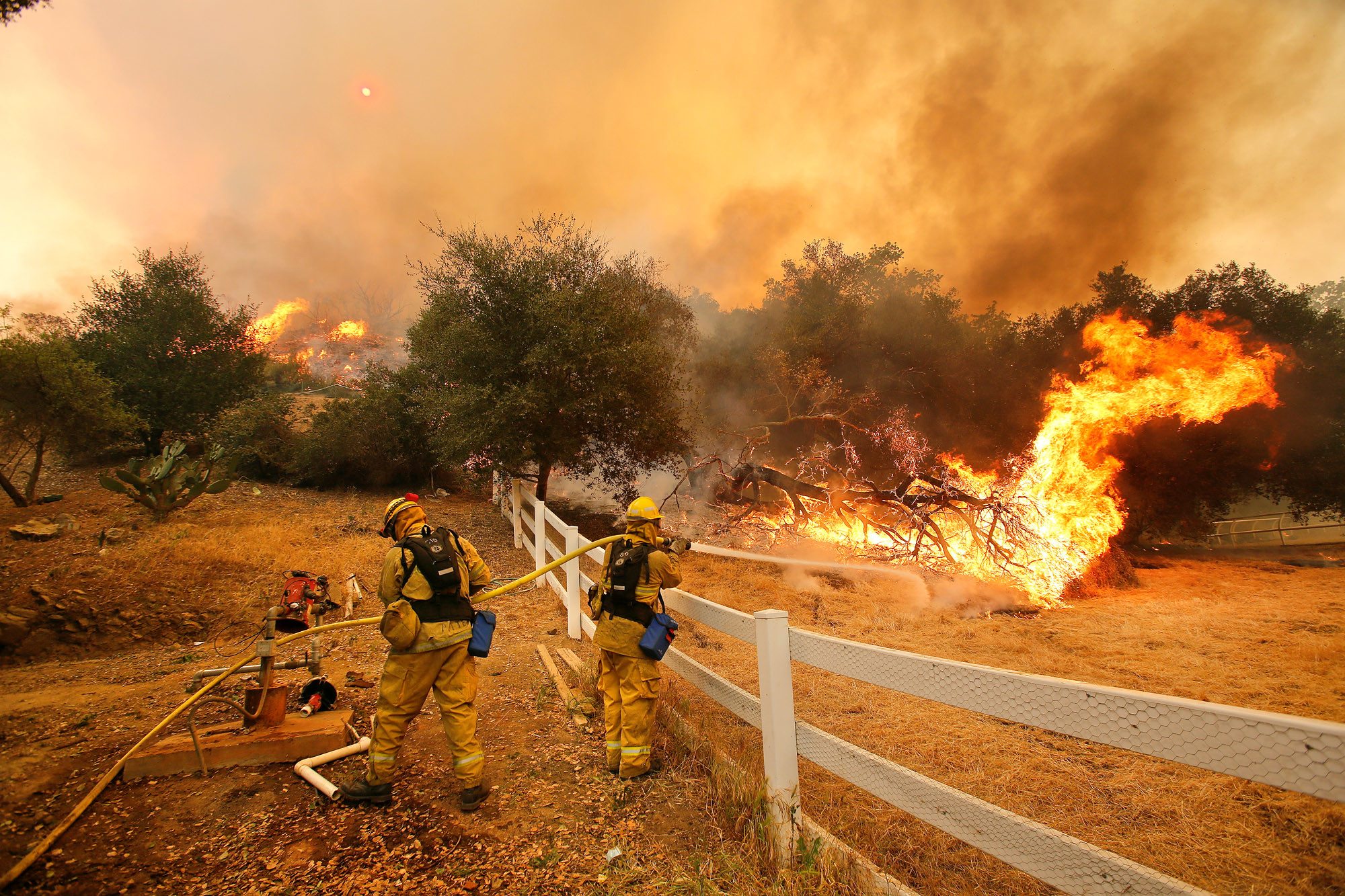Watershed sciences Ph.D. student takes knowledge beyond the classroom, supporting peers nationwide
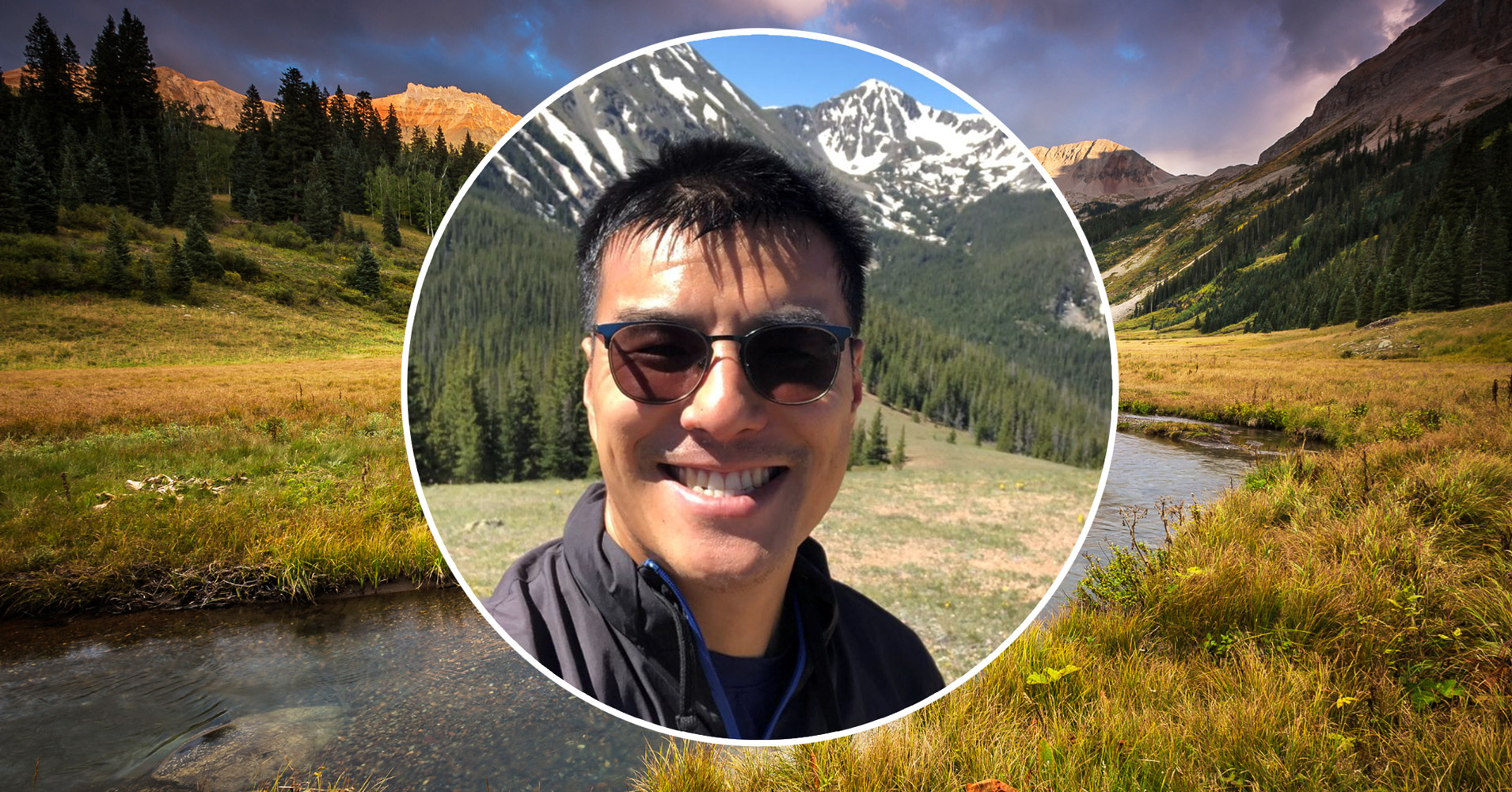
Alan Cai, a Ph.D. student studying watershed sciences in CSU’s Warner College of Natural Resources, is making the most of his time at the University by expanding his education beyond the classroom.
Starting this month, Cai is beginning his role as the first-ever graduate student board member for the Universities Council on Water Resources, a national organization dedicated to expanding water resources research, education, and outreach.
“Not many professional organization boards have a slot for students,” said John Tracy, director of CSU’s Colorado Water Center, who has worked closely with Cai as part of his Ph.D. studies.
“It highlights UCOWR’s unique commitment to engaging directly with students to address current water resources challenges,” continued Tracy.
In his new role, Cai’s initial focus will be on expanding opportunities for students studying water resources at the dozens of partner institutions that UCOWR serves, with a focus on the organization’s upcoming annual conference being held at CSU this week.
“Water management involves people from all sectors,” said Cai, who is organizing career panels and networking events to connect students with professionals across disciplines spanning academia, industry and government.
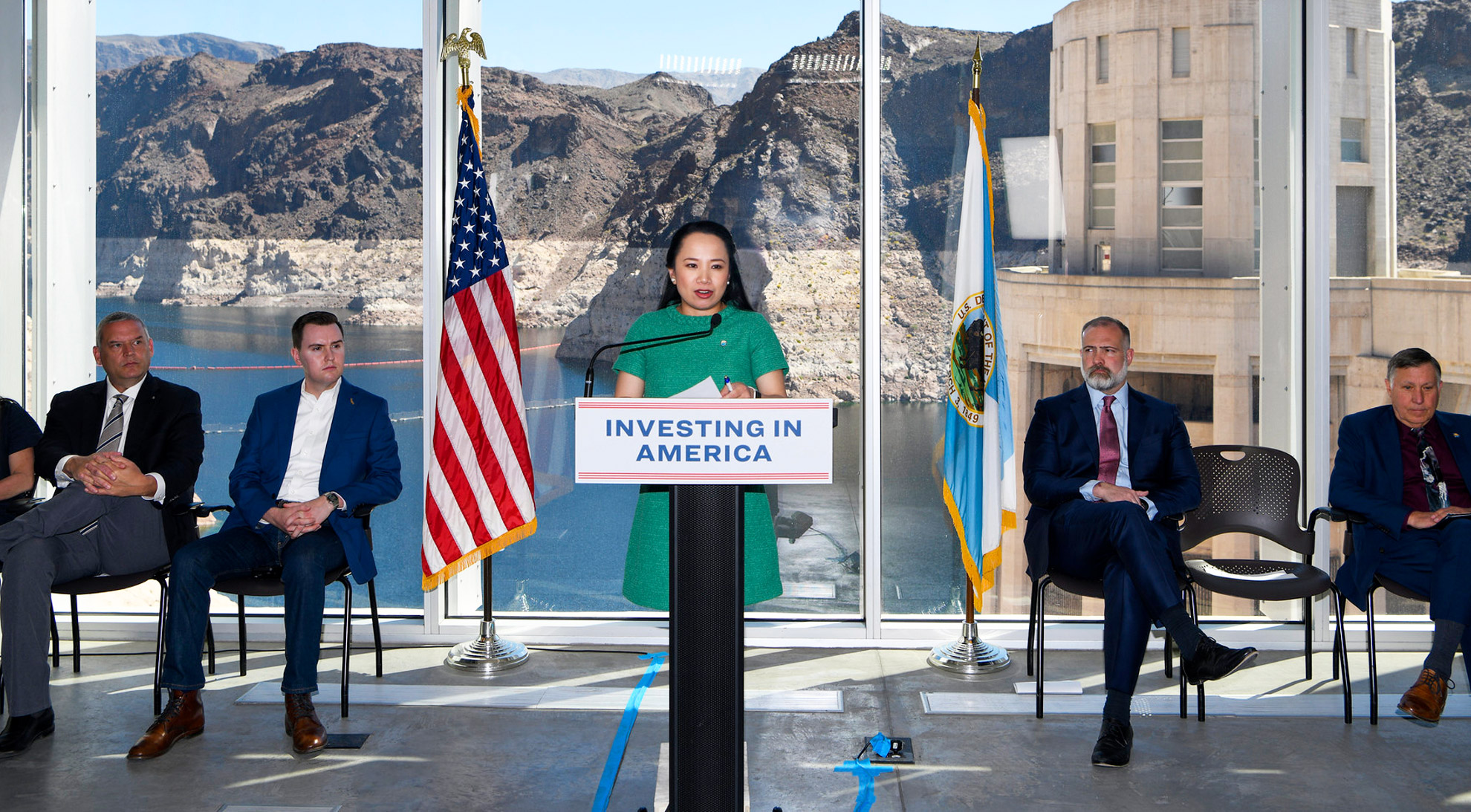
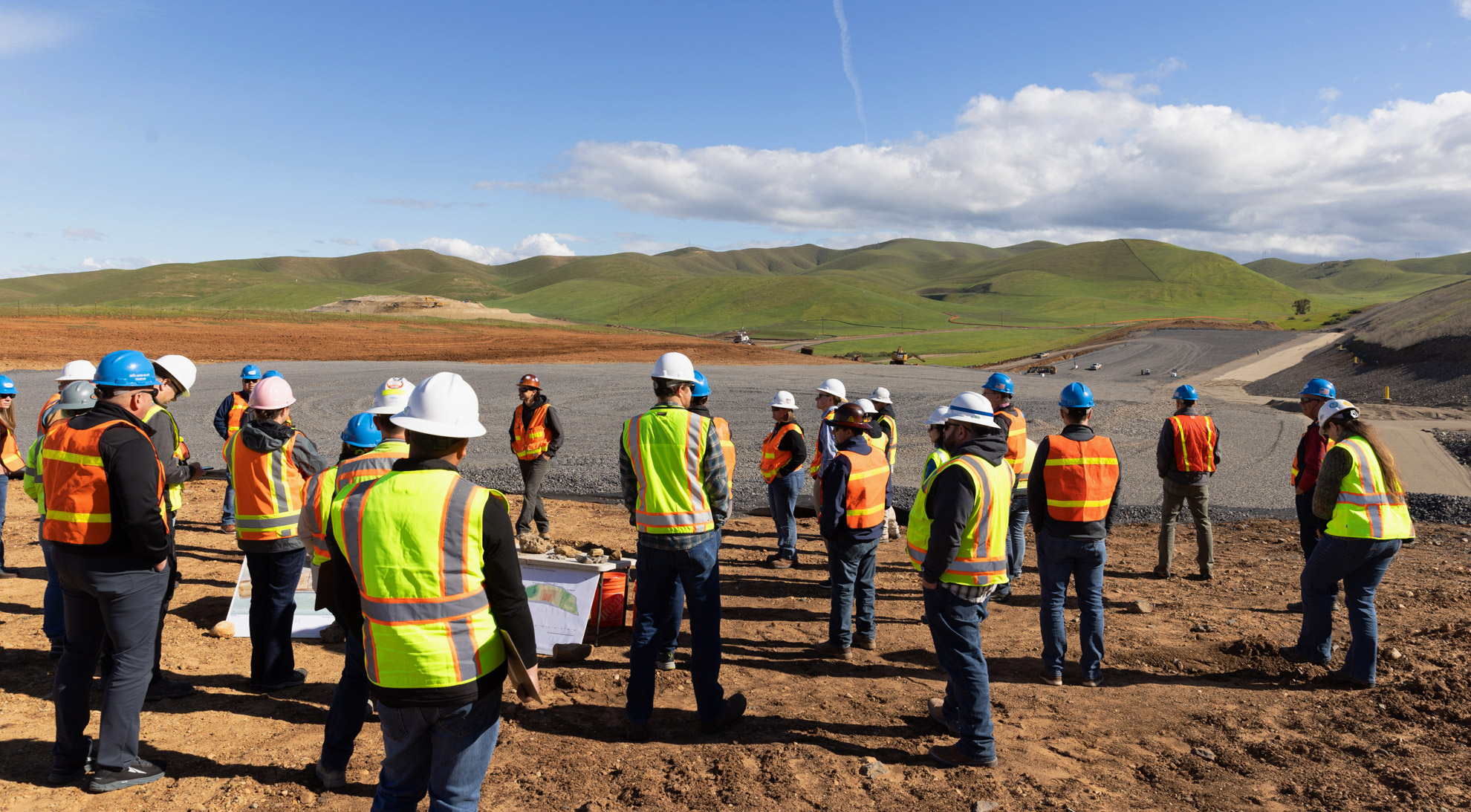
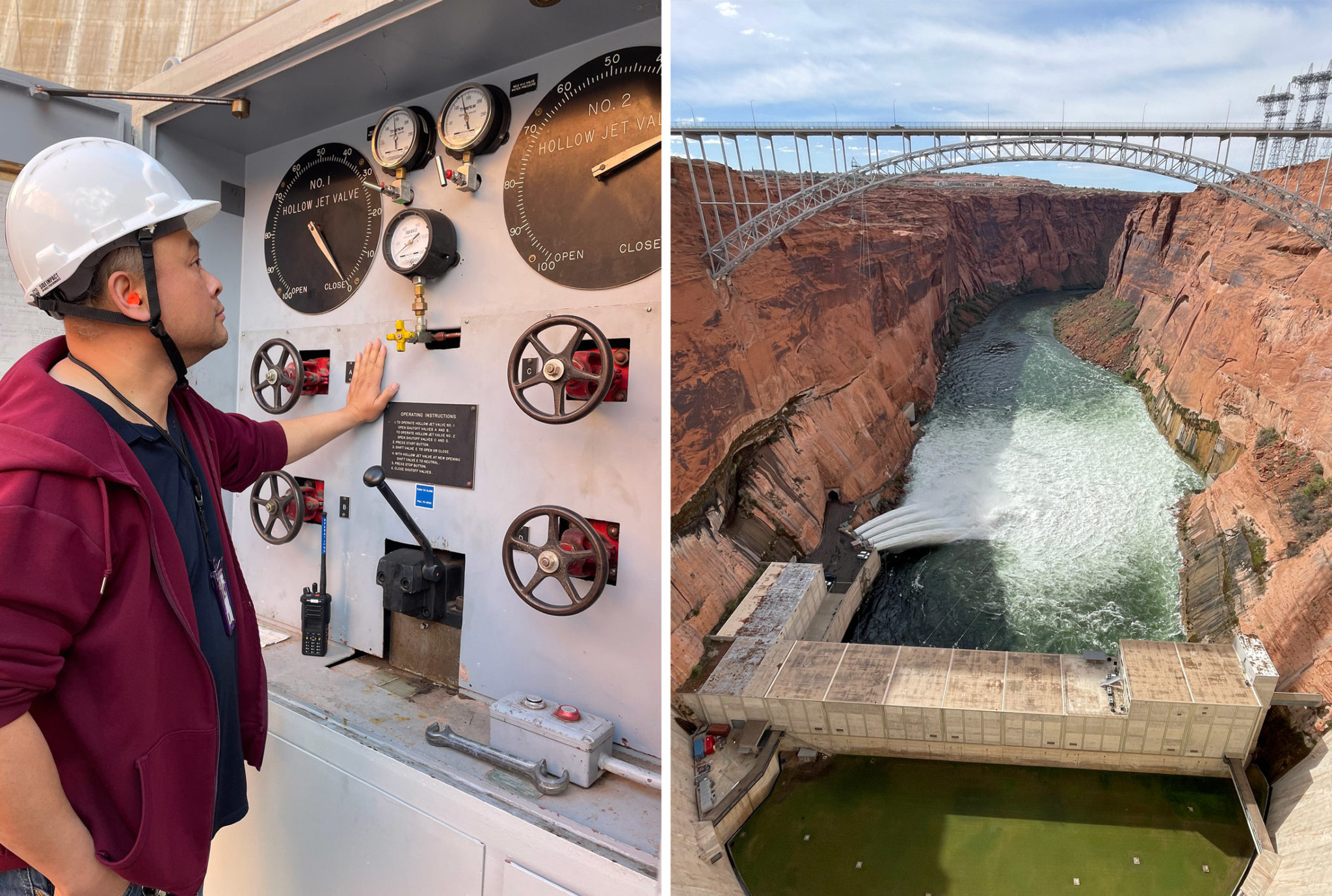
Another major goal of Cai’s is to increase access to information among students and professionals. For instance, to make his master’s research have greater real-world application, Cai worked with technical advisory committees responsible for water management. On their face, they seem to serve a vague role in some bureaucratic structure, but under the surface, these committees – made up of high-powered professionals – are often highly influential.
“These committees – and other mechanisms for engaging external stakeholders – may seem like inside baseball,” Cai said, “But when students can learn about these things early in our careers, we can have a more complete understanding of how to effect change.”
“When we’re looking at the most difficult issues in water management, they aren’t purely scientific problems, there are big social challenges as well,” Cai continued.
On a path toward change
In 2003, when Cai was a teenager living in San Diego, his community was upended by a massive, highly destructive wildfire. The Cedar Fire burned 270,000 acres, claiming the lives of 15 people and destroying more than 2,000 homes. At the time it was the state’s largest.
In the 20 years since, there have been eight fires that have surpassed it in size, including an enormous fire that burned over 1 million acres in 2020.
“I felt that the amount of attention and awareness and urgency in society was not proportionate to how severe of a problem it was, so I thought I could help make a little contribution to addressing that,” said Cai, who began studying environmental science when he graduated high school.
“Trying to figure out where I wanted to focus, I was drawn to water because it seemed more tangible than the atmosphere,” Cai said. “You can look at it, you can judge the quality and quantity, you can manage it, and I enjoy trying to understand the social elements.”
As part of his master’s degree at UC Merced, Cai studied the management of river ecosystems impacted by the construction of dams and reservoirs, which blocked the natural functions of the rivers. Wanting to ensure his work wasn’t a purely theoretical exercise, he worked with decision makers, including those who operated and managed the dams, to help them understand the challenges he was exploring and better plan for the future.
For his Ph.D. research, Cai is exploring leveraging newly available, open-sourced, mapping data from NASA showing surface water with the goal of tracking water flows. This could prove incredibly useful in predicting how much water may end up in reservoirs around the world, especially for communities without the resources to invest in the complex network of sensors and systems currently needed to make accurate measurements.
SWOT is the first satellite mission that will observe nearly all water on the planet’s surface.
– NASA
Cai’s drive to make an impact and help others has stood out to John Tracy, now his advisor.
“He’s very interested in doing more in his Ph.D. studies than simply the Ph.D. itself,” Tracy said. “He sees his role in academics as being more than studying and writing papers and teaching his classes, but also taking on a service load, which goes a long way in enhancing students’ educational experiences.”
Cai’s efforts to think outside of the boundaries of the classroom, and help other students do the same, is expanding their opportunities to impact change and explore innovative career paths.
As a land grant university, CSU works to make the university’s educational programs, services, and resources accessible to all, encouraging students to play a role in building thriving communities. By fostering meaningful connections between students, professional and community members, Cai is leading by example and showing the next generation of environmental leaders how to use engaged scholarship to spur progress for people and the planet.
